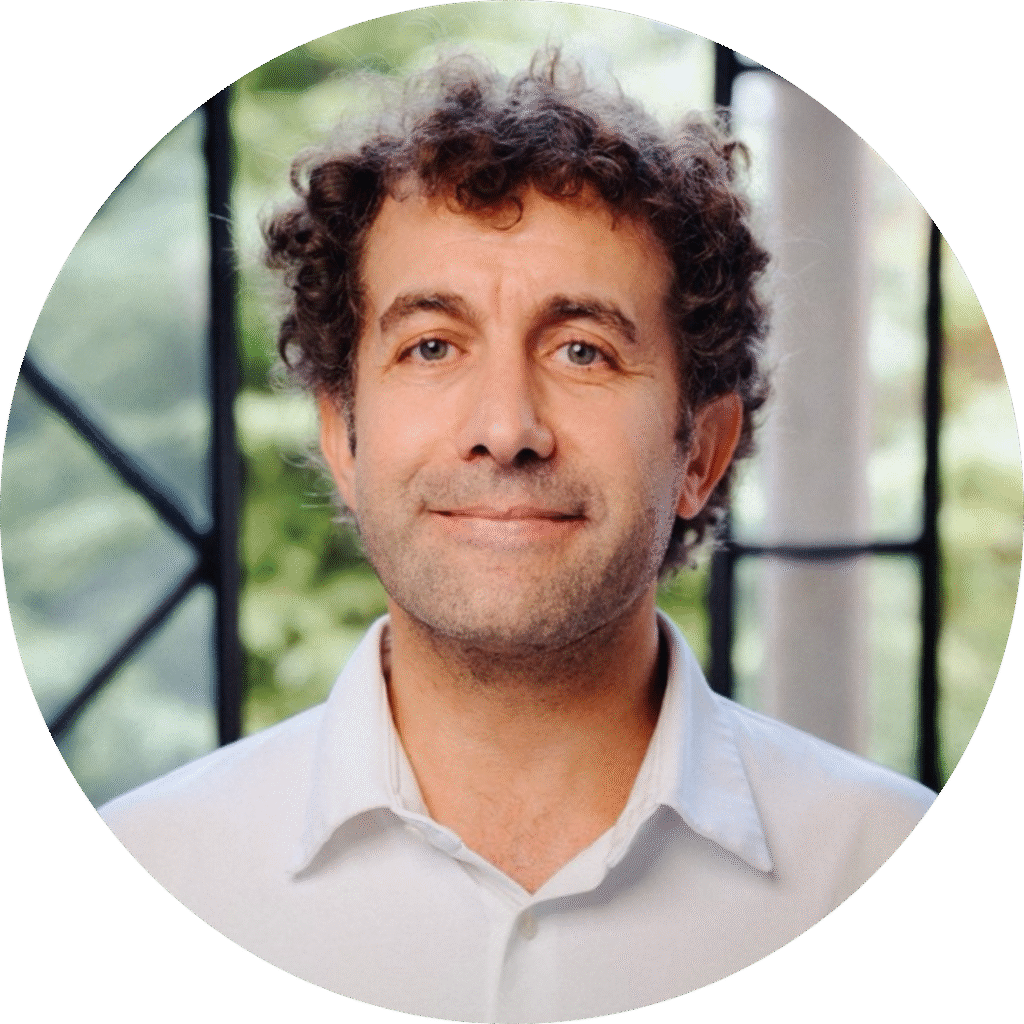Youth-GEMs at ESCAP 2025: A Powerful Meeting of Science and Lived Experience
At this year’s ESCAP 2025 congress — Europe’s largest gathering of child and adolescent psychiatry professionals — Youth-GEMs proudly contributed with a dynamic and diverse programme of presentations. From participatory research to cutting-edge biomarker science, our researchers highlighted how young people’s perspectives, scientific innovation, and translational research come together within Youth-GEMs.
Interactive Workshop: Bridging Science and Lived Experience
Youth-GEMs hosted a 90-minute workshop titled: “Bridging Science and Lived Experience: How Youth-GEMs Integrates Young Voices into Mental Health Innovation.”
Led by Young Expert Lotte, Ella Sheltawy (EYMH), and Flore Joskin (Maastricht University), the workshop offered an immersive experience of participatory research in action. Highlights included an introduction to the Youth-GEMs framework and the central role of Young Experts in shaping the project and a simulated Science Café, where participants were challenged to translate their research into everyday language and explore how youth input could improve their work.
Scientific Contributions
Several Youth-GEMs-affiliated researchers contributed to symposia exploring the frontiers of mental health science. Prof. Dr. Ian Kelleher (University of Edinburgh) chaired the symposium: “Can we identify – and reduce – psychosis risk in child and adolescent mental health services?”
This state-of-the-art session addressed the latest developments in early detection and intervention in psychosis, with a focus on youth services. Dr. Valentina Kieseppä (University of Oulu) presented findings from a 15-year cohort study titled: “What is the relationship between psychotic symptoms in adolescent psychiatry services and risk of later psychotic disorder?”
Her research highlighted the long-term significance of early symptoms, emphasizing the importance of sustained and preventive youth care. Winni Schalkwijk joined the ESCAP symposium titles “Understanding the impact of maternal immune activation and neurodevelopmental outcomes.” Her presentation explored the potential of epigenetic DNA methylation (DNAm) immune biomarkers in predicting mental health trajectories across the life course.
Please note that the scientific contributions of our Youth-GEMs colleagues were related to the Youth-GEMs project, but not exclusively part of it.
































































